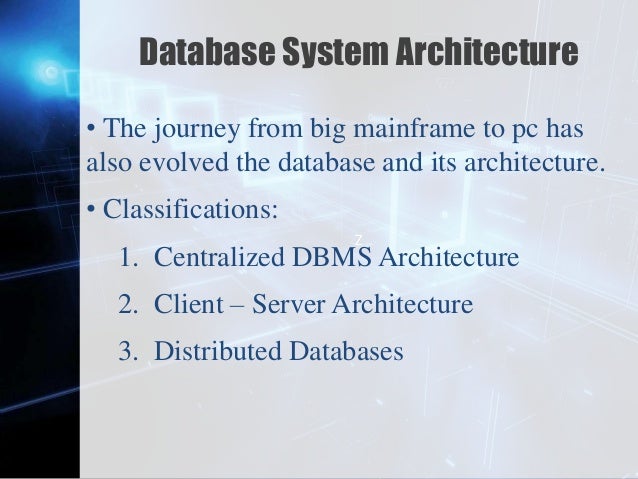

- #Supernzb remove history in data base file how to
- #Supernzb remove history in data base file install
- #Supernzb remove history in data base file code
- #Supernzb remove history in data base file download
- #Supernzb remove history in data base file windows
Step 2: Browse to your projects path - we assume it's "C:\Projects\Git".
#Supernzb remove history in data base file windows
Step 1: Open Git bash on your windows machine. To set up the demo project, follow these steps: You can skip this part if you'd like to run the deletion commands on your project, but we recommend it to avoid any unexpected risks. In this section, you will prepare a demo project to test the different Git removal and backing out commands on some of its files. Preparing a demo project for testing Git bash deletion If not, you can take a look at the 3 Ways to Create Git Local and Remote Repositories.
#Supernzb remove history in data base file how to
We also assume that you have the required Git knowledge of repositories and how to clone a remote one to your local system.
#Supernzb remove history in data base file install
However, we recommend that you take a look at the Easiest Way to Install Git Bash Commands on Windows and make sure you applied all the necessary configurations before getting started with the demo that follows. In this post, we will assume that you have Git bash installed on Windows that runs commands correctly. Prerequisites to using Git Bash on Windows to delete files
#Supernzb remove history in data base file code
Git) that you can use to delete files, undo changes to specific data, or remove entire sets of code changes from history ( delete a commit from Git). Here comes the necessity of a version control system (e.g. This post will provide 4 different ways to remove files from git history. source code files without a source control management system leads to irreversible data loss. executeQuery ("SELECT * FROM urls where visit_count > 100") Statement = connection.createStatement () getConnection ("jdbc:sqlite:/home/username/.config/chromium/Default/History") Run: java -classpath ".:sqlite-jdbc-3.7.2.jar" GetChromiumHistory The program compiles and runs on my Linux 2.6.39 environment: /** You will need to change the argument for getConnection () to point to where the history files reside on your machine. The program was adapted from the java workspace website (as credited in the code). Since the original poster asked for a simple program, here it is. Return browser + " - " + title + " - " + url Public URL(string url, string title, string browser) String CommandText = "select * from " + table ĭB = new SQLiteDataAdapter(CommandText, sql_con) Sql_cmd = new SQLiteCommand(CommandText, sql_con) ĭataTable ExtractFromTable(string table, string folder) String CommandText = "delete from " + table Sql_con = new SQLiteConnection("Data Source=" + dbPath + Void DeleteFromTable(string table, string folder) If (tempstr != "Local")įor (int i = 0 i ExtractUserHistory(string folder)ĭataTable historyDT = ExtractFromTable("urls", folder) ĭataTable visitsDT = ExtractFromTable("visits", String tempstr = documentsFolder.Split('\\') ĭocumentsFolder += "\\Google\\Chrome\\User Data\\Default" String documentsFolder = Environment.GetFolderPath Net from here and add the references to.
#Supernzb remove history in data base file download
You probably also want to download the SQLite for. Most of the code I got from here but I tweaked it abit to add support for Google Chrome. Here is a class I created to read browsing data from Google chrome.


 0 kommentar(er)
0 kommentar(er)
